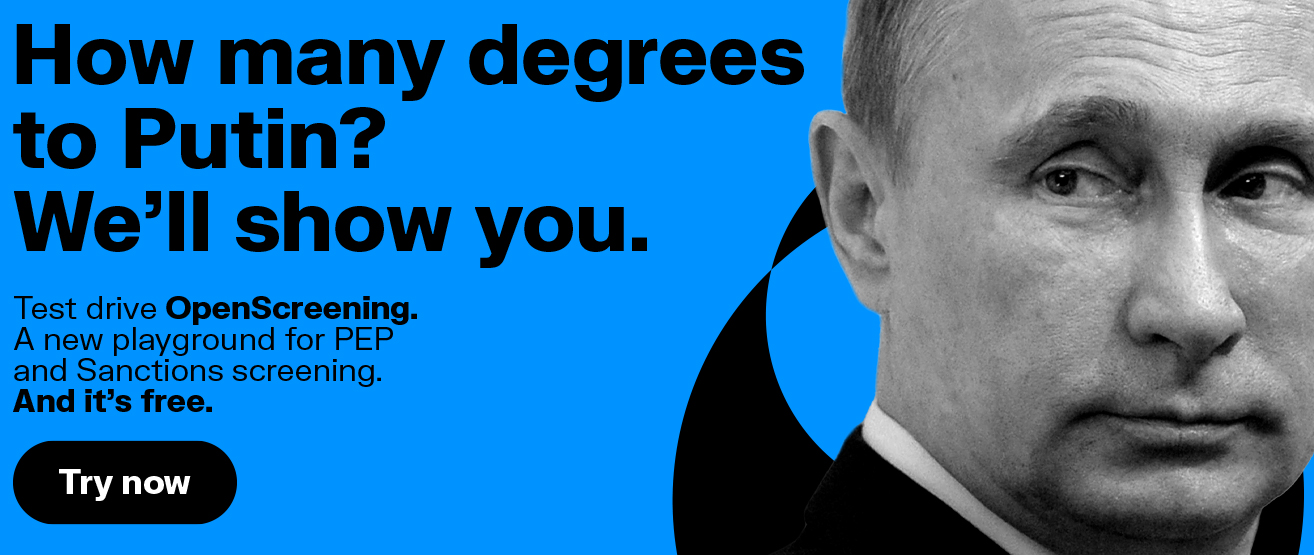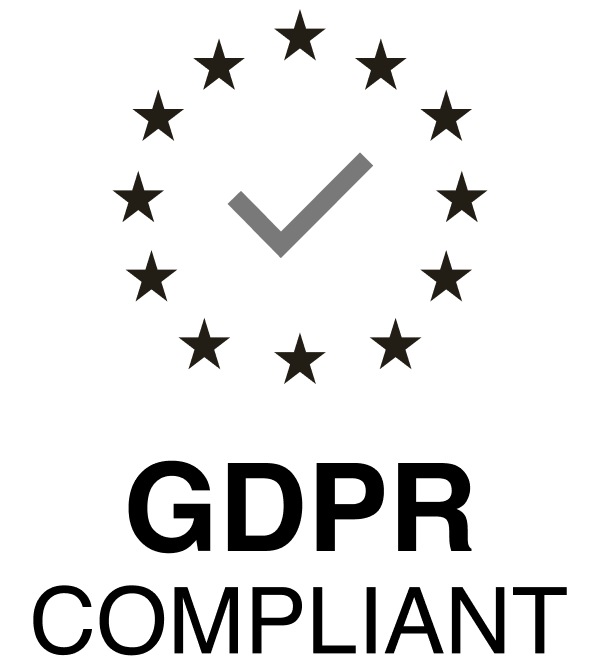Nobel Peace Prize nomination for the ICIJ for shining a light on financial crime
How much can a story do? Can it change the world?
The International Consortium of Investigative Journalists’ (ICIJ) nomination for the Nobel Peace Prize is a reflection of just how much stories matter—and of the stories data can tell us.
Linkurious has proudly supported the ICIJ in their investigations for several years and celebrates their well-deserved nomination.

“They are trailblazers in creating a world where financial incentives for conflict, wars, human rights abuses and violence are non-existent,” write the Norwegian lawmakers who nominated the ICIJ alongside the Global Alliance for Tax Justice.
“These courageous journalists and civil society organizations play a critical role in
documenting corruption and illicit flows, often while putting their lives in peril in the process.”
The ICIJ specializes in telling stories that expose global injustice. In addition to their own investigative reporters, the ICIJ works with a network of journalists from over 100 countries and territories, and with major media organizations.
Their independent journalism has exposed some of the worst wrongdoings of our time: illicit money flows, harmful secrecy in the global banking system, and the shady offshore financial system. The ICIJ holds accountable those in power—oligarchs, political leaders, and criminal organizations—and effects change through fair and accurate reporting.
 “This recognizes the work of hundreds of journalists around the world who have worked together with ICIJ and believe in global collaborations as a way to investigate illicit money flows,” writes Emilia Diaz-Struck, ICIJ research editor and Latin America coordinator. “We are honored by the nomination and are very grateful to our partners. Mining millions of documents, establishing connections inside the data and having the possibility of sharing records and ideas securely wouldn’t have been possible without technology. A powerful combination of people, data and tech has made our global collaborations possible and helped bring transparency on a topic that impacts the lives of people and communities around the world.”
“This recognizes the work of hundreds of journalists around the world who have worked together with ICIJ and believe in global collaborations as a way to investigate illicit money flows,” writes Emilia Diaz-Struck, ICIJ research editor and Latin America coordinator. “We are honored by the nomination and are very grateful to our partners. Mining millions of documents, establishing connections inside the data and having the possibility of sharing records and ideas securely wouldn’t have been possible without technology. A powerful combination of people, data and tech has made our global collaborations possible and helped bring transparency on a topic that impacts the lives of people and communities around the world.”
Dark money is a problem that often flies under the radar, but the consequences of financial crime and illicit money flows can be painfully visible. Moving unseen through the financial system, laundered money derives from human and drug trafficking. It’s used to fund violence through organized crime. It’s tied up in bribery and corruption.
Money stashed away offshore for tax evasion means funds are kept out of public coffers. And money that slips out of the system means fewer schools, poorer infrastructure, less public aid.
By nature, crimes like these are difficult to track and trace. The ICIJ has done groundbreaking work unearthing the truth around financial crimes like tax evasion and money laundering.
The stories the ICIJ has told about dark money and the illicit movement of funds have had global reach and global consequences. They have exposed hidden threats that create a less equitable society.
Here’s a look at a couple of those stories.
The Panama Papers started with a data leak: some 11.5 million documents from the Panama-based legal firm Mossack Fonseca. Printed out, that would amount to some 57 tons of paper.
An anonymous John Doe sent this trove to the German newspaper Süddeutsche Zeitung. The newspaper knew the story was big. They also knew they needed help to untangle and make sense of nearly 2.6 terabytes of data.
Süddeutsche Zeitung started working with the ICIJ to make that data available to the investigative journalists working on the story. Using Linkurious Enterprise and a Neo4j graph database, the ICIJ was able to untangle the immense and intricate web of data from the leaks. Graph analytics made it possible for the journalists to make connections that might have otherwise gone unnoticed.
The investigations revealed the vast extent of the shadowy offshore financial system helping the world’s rich and powerful conceal money and evade taxes. The reporting implicated world leaders including David Cameron and Vladimir Putin. It triggered police raids, arrests, and the resignation of Iceland’s prime minister and other high-profile individuals.
The Panama Papers story also acted as an impetus for global policy change. The US tightened rules cracking down on anonymous shell companies. Lebanese Parliament voted to lift bank secrecy protections. Mongolia banned public officials from owning offshore companies. 16 countries in total passed substantial reform related to the Panama Papers scandal.
Their in depth and revelatory reporting earned the ICIJ and their partner media organizations a Pulitzer Prize.
The FinCEN Files story broke in 2020 through BuzzFeed News and the ICIJ, alongside other media partners. The investigation exposed major bottlenecks and backlogs in anti money laundering systems. The journalists found that major banks seemingly failed to sufficiently combat the transfer of illicit funds.
The FinCEN Files consisted of over 2,000 suspicious activity reports (SARs) and other documents from the US financial crimes authority FinCEN (Financial Crimes Enforcement Network) filed between 1999 and 2017. The files covered some $2 trillion in transactions. ICIJ reporting on the leaked documents revealed a potent picture of how wealthy and powerful individuals move their money through the global financial system.
The story effectively shines a light on weaknesses in AML systems, and highlights how banks and governments can better fight financial crime. Compliance professionals see the FinCEN Files as having a positive impact on the financial industry. In a survey by ACAMS, one-quarter of respondents thought the leaks would increase regulatory oversight. And 15 percent expected they would prompt more financial institutions to voluntarily enhance AML programs.
The ICIJ’s journalism is data-driven. The investigators working on these major stories typically uncover tons of data in the course of their investigations. Effectively unlocking that data is essential to understanding the whole story.
To help tell these stories, Linkurious has put its graph visualization and analytics platform at the disposal of ICIJ reporters. They’ve used Linkurious and its partner Neo4j to explore millions of data points and draw out the connections that would otherwise be invisible. Linkurious has helped analysts and investigators uncover complicated webs of transactions, trace money flowing through countless shell companies, and draw connections between people who hoped to remain in the shadows.
Keeping the dirty money of corrupt politicians and their networks out of the financial system and identifying high risk customers are critical to ensure compliance and mitigate business risks. OpenScreening is a free tool that combines open data sets, including ICIJ data, for PEPs and sanctions screening unified into a single database powered by cutting edge graph technology. Try it now!
A spotlight on graph technology directly in your inbox.


